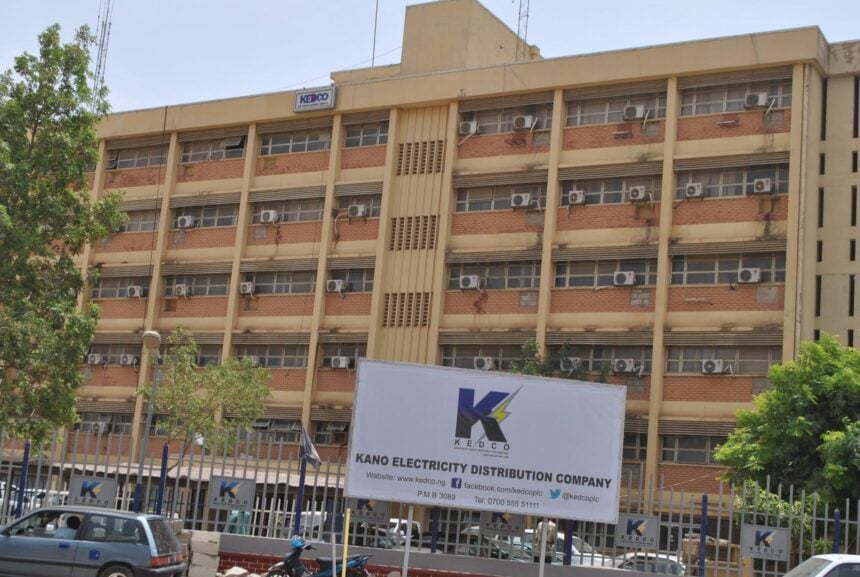The British Council in Nigeria has announced a significant increase in the fees for the International English Language Testing System (IELTS) examination, marking the second fee hike in a span of five months.
In a recent statement posted on its official website, the council revealed that the fees for both the computer academic and general training modules will be raised to N139,000, starting from February 1, 2024. This decision is attributed to the escalating examination costs.
“We would like to inform you that our IELTS fees have been reviewed. The new price list of the IELTS range of tests offered by the British Council will be effective for registrations on or after February 1, 2024,” the statement read.
This development follows a previous fee adjustment in September 2023, when the cost increased from a range of N80,000 to N90,000 to the current N107,500.
The move has sparked concerns and discussions within the education and immigration communities in Nigeria, with many expressing their apprehension about the financial implications for individuals looking to take the IELTS examination.
As the British Council garners attention for this decision, stakeholders, including students, educational institutions, and immigration authorities, are analyzing the potential impact of the fee increase on access to international opportunities and academic pursuits.
The recurring shifts in IELTS fees in Nigeria not only reflect the challenges of managing examination costs but also underscore the broader socio-economic considerations at play within the country’s education and migration landscape. This trend prompts a deeper exploration of the ripple effects on students and professionals striving for global mobility and cross-border learning opportunities.
With the prospects of the enhanced revenue for the British Council, questions arise about the corresponding enhancements and support services that would be expected to accompany the rise in fees, ensuring that test-takers continue to receive the highest standards of testing facilities and administrative assistance.
As the global community closely monitors these developments, the evolving landscape of English proficiency assessments in Nigeria offers a lens through which to examine the broader dynamics of education accessibility, affordability, and international mobility aspirations in an increasingly interconnected world.



